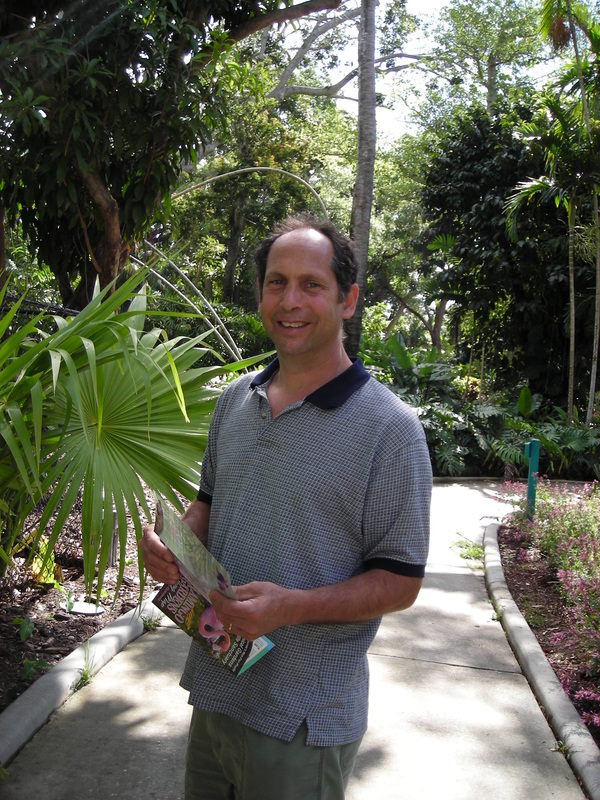The point of this story is that the situation called for complete mindfulness and concentration. With the slightest loss of concentration we could have easily been in the ditch. Maybe my practice of meditation helped me but there were several other people who made the drive with us. Some situations call for deep concentration and we humans naturally have this ability within us. In Zen we call this level of concentration samadhi. It is often though not commonly experienced in doing sport and art. This level of concentration and awareness can happen in all human endeavors but is probably only common when our life is on the line and helped along with adrenaline. And when we experience this level of concentration there is this accompanying feeling of joy. This is why so many people love dangerous sports.
In this blog I write about samadhi a lot because of the importance of samadhi in Zen. My first teacher Genki Roshi told his students. "Zen is samadhi." And if you read this blog you might not incorrectly think that Enlightenment is samadhi But still you and many Zen students and students of other meditation schools are perplexed by this word and wonder what it really means. But you already know samadhi. You have already experienced it because samadhi is a natural state of mind.
There are certain characteristics that are common in all samadhi. A deep concentration is often thought of as the defining feature of samadhi. But maybe concentration is the wrong word because we might think of concentration as having only a narrow focus. But the focus in samadhi can be narrow or wide it is just that in samadhi the mind is not scattered. We might also think that concentration takes effort but samadhi is effortless because effort is a diverting extra thought. There is also no judgemental self consciousness in samadhi. Some people think there is no self awareness in samadhi but that is wrong. There can be self awareness in samadhi but that self is no more then a participant in the situation. Lastly samadhi is always fun. There is a joy that accompanies samadhi.
Natural samadhi is usually the result of a situation and arises in action. Zen (meditative) samadhi is different in that we are just sitting ostensibly doing nothing but actually we are clearing our mind and building concentration. All meditation systems work on this same principle. It seems so difficult to experience samadhi when just sitting and it is because in meditation we are applying effort to our concentration and are self aware of our thinking and if we try to just let go we find that we just start start thinking and dreaming which is not meditation. That is ok. That is the nature of practice. It is just like practicing a sport or any skill. Effort concentration and repetition is required. And just like in sport where we practice with effort and some critical self awareness but then try let it go and let the skills function unimpeded in the actual participation in the sport, we find that if we are diligent meditation practitioners, when we function in life and not self consciously and effortfully practicing meditation then moments of natural samadhi and the joy it brings are more and more common.
The difference between these small natural samadhi experiences and a really deep samadhi experience is mostly time. In a really deep experience we find that our mind quiets and is unimpeded by scattered thoughts and critical self consciousness for more then a few moments. Attention can be narrow or wide. In this state if our attention is narrow then we might find ourselves so into the object or activity of concentration that we feel like we disappear because there is no room for even non-critical self awareness. But in deep samadhi our awareness can also be so wide that we feel like all sensations are entering us simultaneously without a filter and we can also be completely self aware in an abstract non-critical way just watching what is happening.
All this samadhi stuff is great but it is not yet Enlightenment. One critical element is missing and that is understanding, wisdom, prajna. This deep unimpeded state of mind is like a doorway into a completely different way of understanding ourselves and the world we live in. It is a doorway because it is clear and open and free of our normal way of thinking. It is hard to say exactly what allows us to step through the door. Sometimes it is the words of a teacher, sometimes it is our work on a koan, sometimes it is just a random thought and then all of a sudden we undergo this revolution in our thinking and we stop seeing the world as a multiplicity of beings and things, and step into the non-dual.

 RSS Feed
RSS Feed